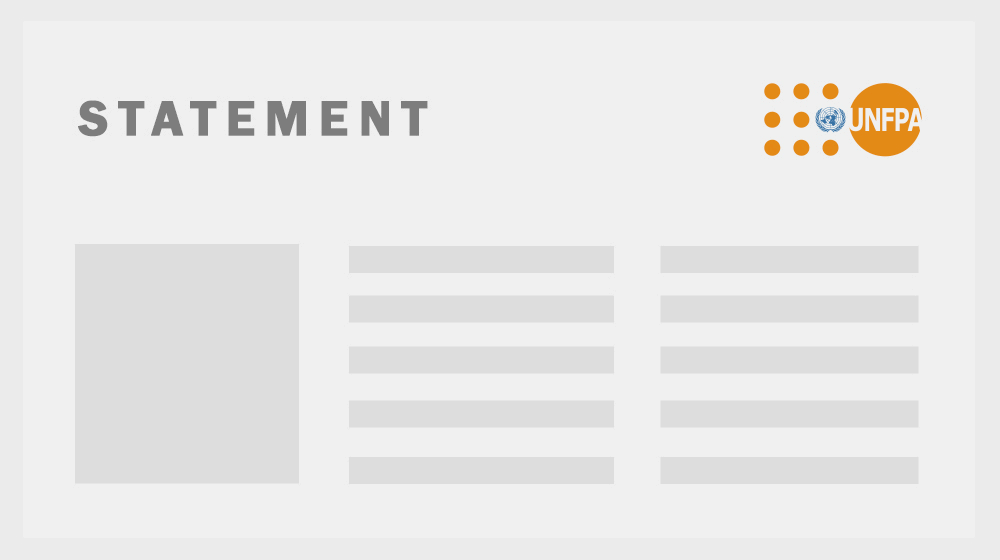This report documents activities of the Joint Programme in its fifth year of implementation in 15 African countries: Burkina Faso, Djibouti, Egypt, Eritrea, Ethiopia, The Gambia, Guinea, Guinea Bissau, Kenya, Mali, Mauritania, Senegal, Somalia,Sudan and Uganda. The report documents achievements in evidence-based strategies identified in 2008 including:
- Effective enactment, enforcement and use of national policy and legal instruments to promote the abandonment of FGM/C
- Local-level commitment to FGM/C abandonment
- Media campaigns and other forms of communication dissemination organized and implemented to support and publicize FGM/C abandonment
- Partnerships with religious groups and other organizations and institutions
- Expansion of reproductive health policies, planning and programming to include FGM/C
- Use of new and existing data for implementation and monitoring of evidence-based programming and policies
- Tracking of programme benchmarks and achievements to maximize accountability of programme partners
- Strengthened regional dynamics for the abandonment of FGM/C
- Strengthened collaboration with key development partners on the abandonment of FGM/C
- Existing theories on the functioning of harmful social norms developed and applied to the specific realities of FGM/C
The report also documents the following achievement for 2012:
- Activities designed to empower communities, girls and women took place in programme countries. As a result, some 1,839 communities representing 6,337,912 individuals made collective declarations of their decision to abandon the practice
- Some 10,538 media events were carried out to transform the public discourse around FGM/C; 378 TV and radio journalists received related training
- Nearly 730 religious edicts delinking FGM/C and religion were issued by religious leaders
- All forms of FGM/C were banned in Somalia’s constitution, adopted in mid-2012 – a great feat in a country where FGM/C is nearly universal
- More than 3,000 judges, prosecutors, lawyers, magistrates, local leaders and members of civil society organizations were sensitized about laws prohibiting the practice of FGM/C which resulted in 220 legal actions
- Health policies now include provisions on the treatment of FGM/C in nearly all the 15 countries
- Nearly 3144 health facilities offered integrated FGM/C prevention and care; 2,690 health workers were trained in treatment and 60 in prevention
- The monitoring and evaluation at both the global and country levels has been improved with a focus in 2012 on building the capacity of those on the ground.




